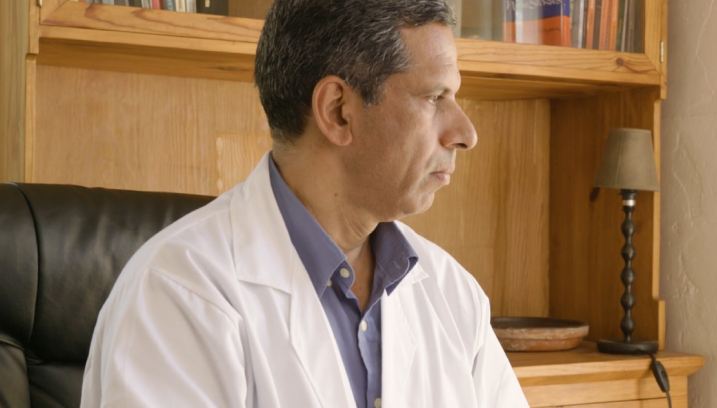
The COVID-19 pandemic is long. Since the WHO characterised the virus’ spread as a pandemic in March, cases have been climbing; countries are facing a second wave and are entering lockdown 2.0; and many aspects of our current lifestyle will continue through years. But this isn’t what we mean by “long COVID.” This newly-minted term refers to patients experiencing long-term sequelae of a COVID infection.
There are some long COVID symptoms right at home.
1. Extreme fatigue: Getting that extra motivation
Exercise and fatigue are known to be linked in a somewhat vicious circle: if you’re fatigued, you’re less inclined to exercise; but regular exercise increases energy and reduces fatigue. For this, vitals monitoring can help.
2. Low grade fever: Keeping tabs on your body temperature
Such a symptom can leave one bedridden for hours; without mentioning the lingering pesky side-effects like headaches and muscle aches. Seeking medical care and taking medication on time could avert such complications. A devices for measures the user’s body temperature are very helpful.
3. Inability to concentrate: Try a game!
Among long COVID symptoms is the so-called “brain fog.” It refers to the inability to concentrate as a result of the virus causing brain cell damage or brain inflammation. To improve one’s cognitive functions, some specifically-designed games for this purpose have shown efficacy.
4. Mental health complications: Apps and devices can help
COVID-19’s psychological toll is felt by many, but those infected by the virus can have more devastating long-term impacts on their mental health. Some report mood changes and even the onset of conditions like depression and anxiety as a result of long COVID.
Several studies have shown that meditation can improve mental health. There are also apps designed for the same purpose such as Smiling Mind and Headspace.
5. Sleep difficulties: Track it to improve it
Improper sleep will not only make you get on your day less optimally but also has far-reaching consequences. Lack of sleep is linked to conditions like high blood pressure, diabetes and obesity; while chronic sleep deprivation suppresses the immune system. Exercise and meditation help in improving sleep, but a sleep tracker gives additional insights into your sleep quality.
6. New onset of diabetes and hypertension
Such chronic conditions are debilitating for most, but new technologies make them more manageable. Real time visualisation of glucose level for better insights and management by the patient.
As for hypertension, Omron showed the future of hypertension management .
7. Skin rash: Let the A.I. take a look
Self-checking rashes by the naked eye to monitor progression isn’t the most optimal method. After taking pictures with a smartphone camera, these apps analyse skin lesions, offer recommendations and send reminders to keep track. They can even connect you to a dermatologist remotely for expert assessment. They can thereby prescribe appropriate ointments to ease those rashes.
8. Shortness of breath: Take deep breaths with wearables
For this complication of long COVID, wearables are helpful.